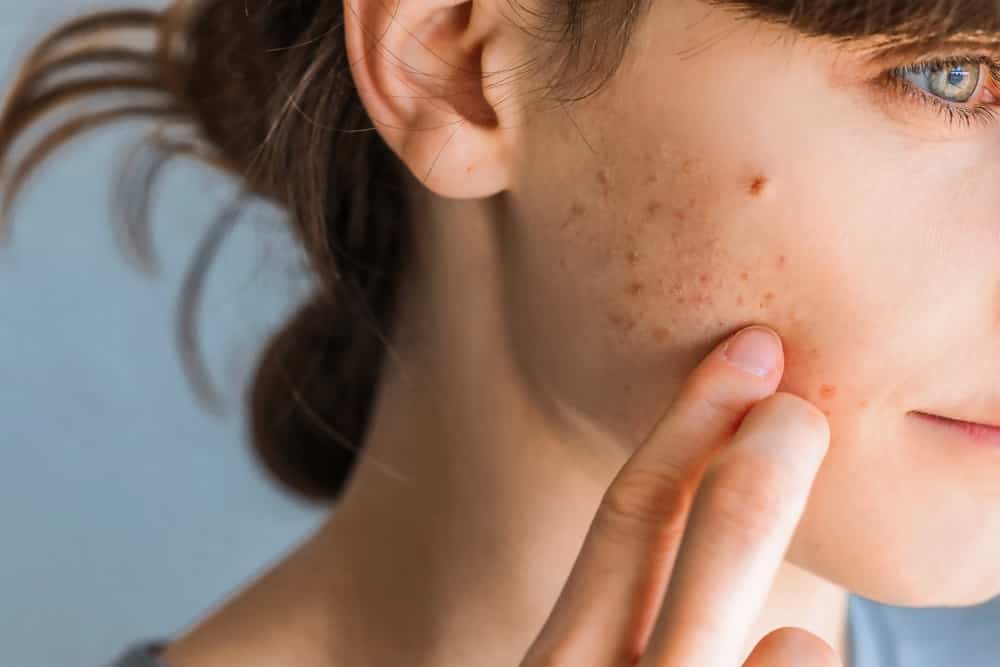We've all had bad skin days when a blemish has popped up and wreaked havoc on our skin for a few days. It can happen to all of us – and usually does – and can occur anytime from adolescence through adulthood. According to the American Academy of Dermatology Association (AAD), it affects up to 50 million Americans a year. For many, these blemishes are a chronic inflammatory skin disorder known as acne and can be extremely severe.
Acne can be tough to deal with but you can say good-bye to acne with these prove home remedies. Although it might seem like the simple answer to clearing up acne is better facial hygiene, it often goes much deeper than that. Try these proven home remedies first and if they fail to help, contact a dermatologist who can determine whether your acne needs more aggressive treatment.
Effective Home Remedies for Acne
Tea Tree Oil
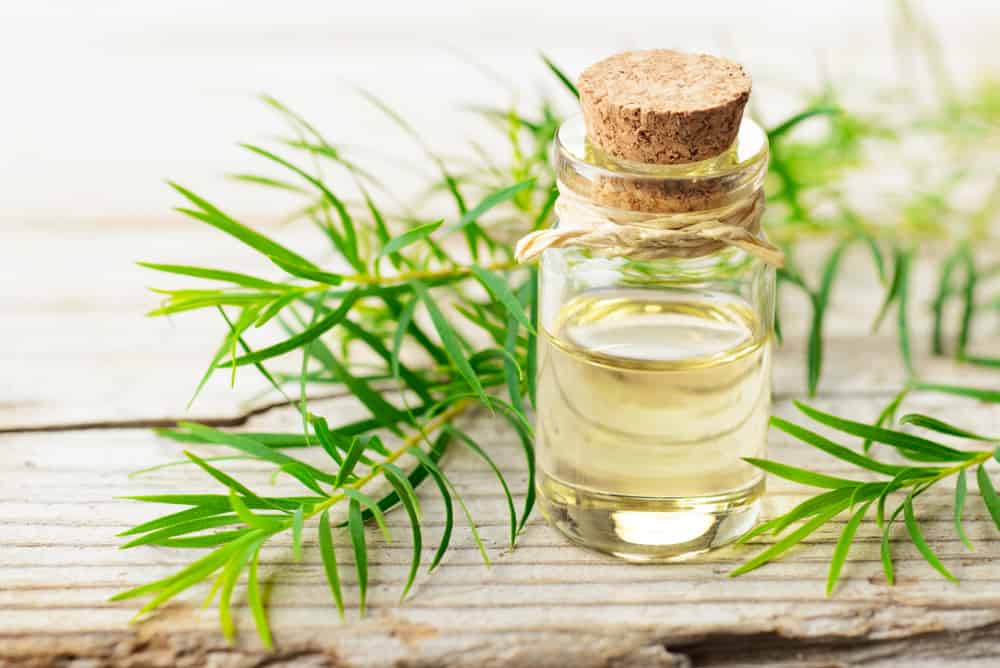
©AmyLv/Shutterstock.com
With its natural inflammation-fighting properties, a five percent solution of tea tree oil is less harsh than a five percent benzoyl peroxide solution and can be just as effective against acne.
Mix a few drops of tea tree oil with between 20 and 40 drops of witch hazel, then use a cotton swab to apply. Use this remedy up to twice a day; more could dry your skin and make the acne worse.
Green Tea
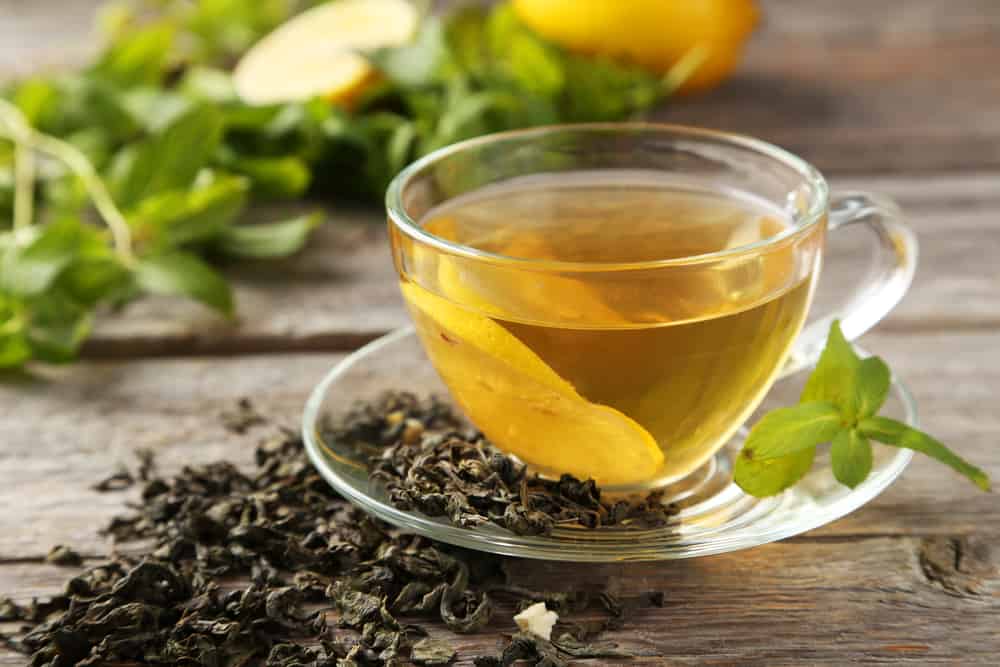
©5 second Studio/Shutterstock.com
Green tea has antimicrobial and antioxidant compounds that can help fight acne. To get its effects, use a cooled cup of green tea as a face wash or lay the bag from a steeped cup of tea over the affected area.
Honey
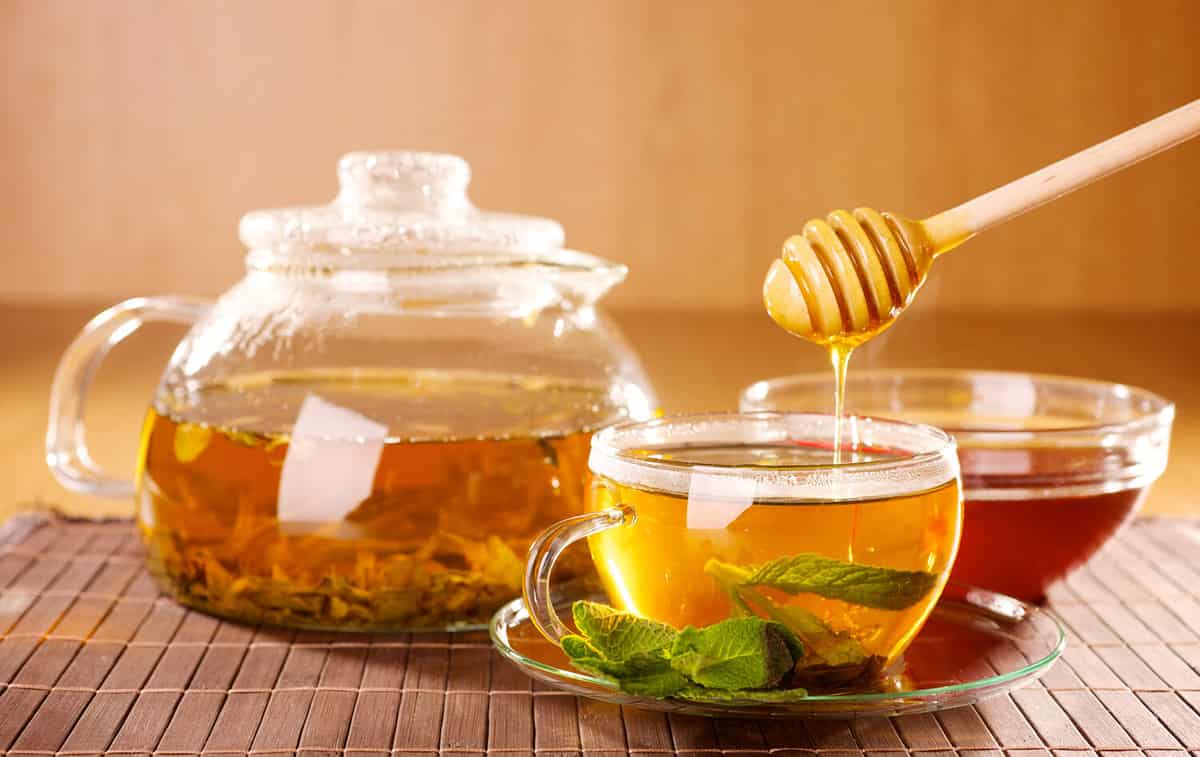
©ADA_photo/Shutterstock.com
Honey’s antibiotic properties can help improve acne. Apply a teaspoon of honey to affected areas, or make a mask by mixing 1/2 cup of honey with 1 cup of plain oatmeal and 1 teaspoon cinnamon and leave it on for 30 minutes. Oatmeal helps calm inflammation so your skin looks and feels better. Cinnamon has antimicrobial properties, so it can help stop bacteria from spreading. Bacteria can worsen acne.
Fresh Mint
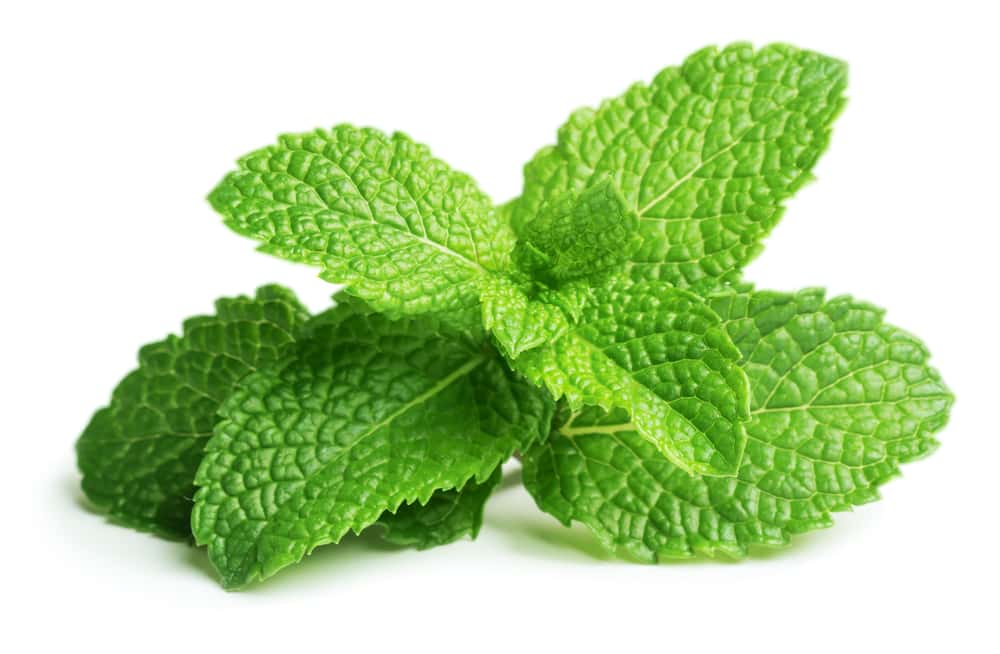
©Valentina Proskurina/Shutterstock.com
Mint can help remove oil that clogs pores. To help clear acne before it begins, mix 2 tablespoons of finely chopped fresh mint with two tablespoons each of plain yogurt and oatmeal (use a blender to pulverize the oatmeal to powder). Leave the mixture on the affected area for ten minutes, then rinse off with water.
Aspirin
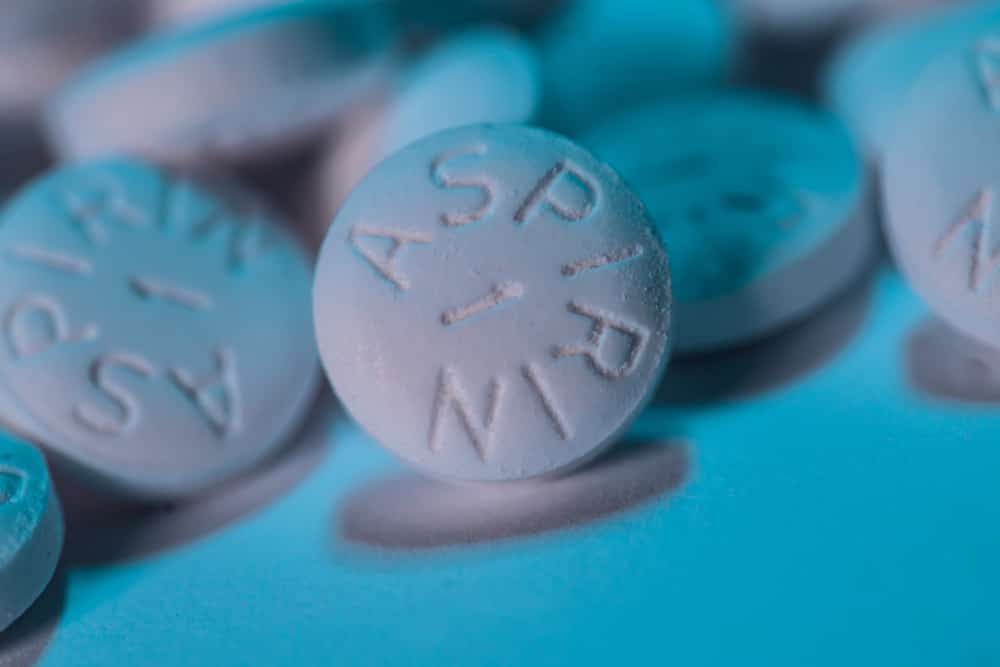
©Shane Maritch/Shutterstock.com
The salicylic acid in aspirin is already successful in most over-the-counter acne treatments. Using aspirin directly on acne can dry up pimples and reduce inflammation.
To use, form a paste by mashing about four aspirin in a little water and apply to the skin, or dissolve four pills in two tablespoons of water and apply with a cotton ball. If you are allergic to aspirin, skip this one.
Witch Hazel
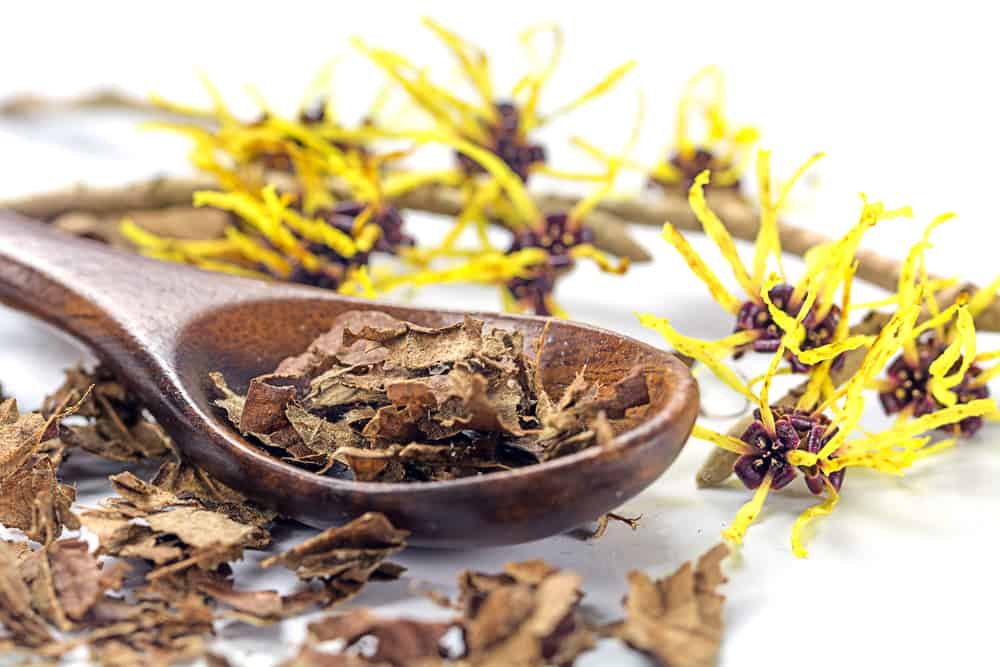
©Maren Winter/Shutterstock.com
Plain or lemon witch hazel can act as an astringent, naturally drying and shrinking blemishes. To get its benefits, pour witch hazel onto a cotton ball and liberally wipe your face each morning and night.
Lemons
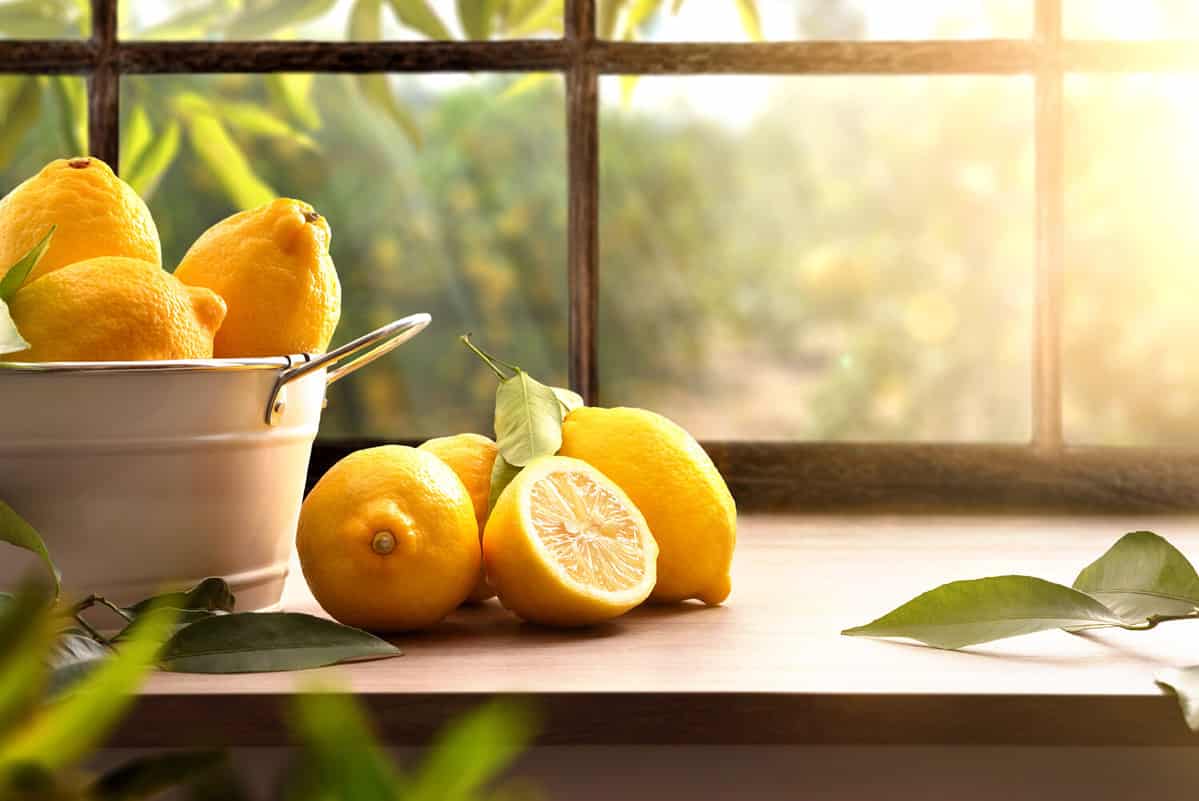
©Davizro Photography/Shutterstock.com
Lemons act as an exfoliant, skin lightener, and disinfectant to reduce the appearance of scars and prevent new pimples from forming. On a clean face, dab acne with a cotton ball or cotton swab dipped in pure lemon juice, then rinse with cool water.
Apple Cider Vinegar
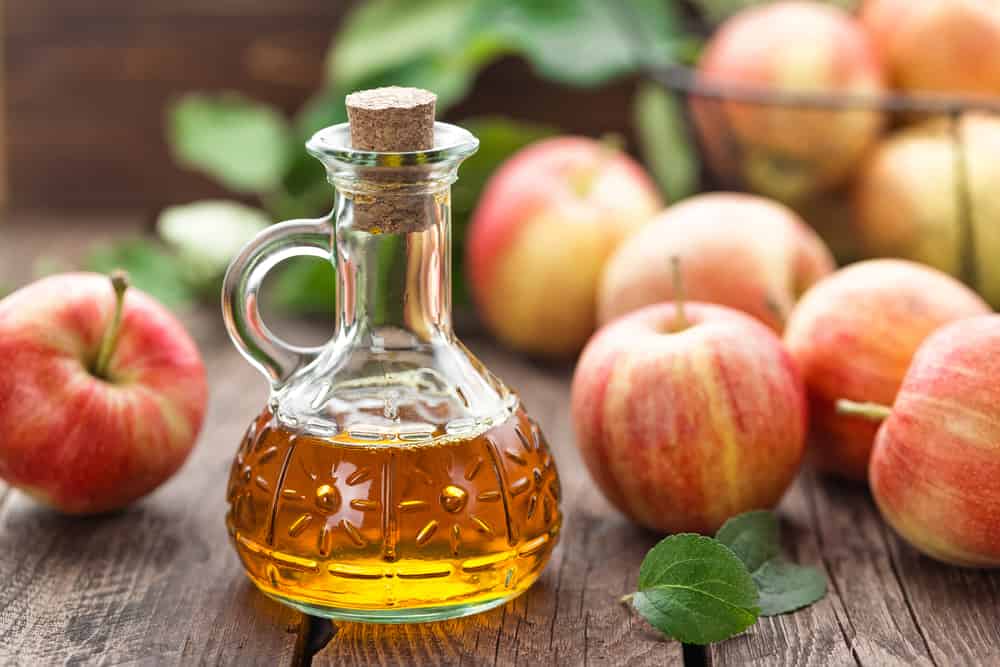
©Sea Wave/Shutterstock.com
Apple cider vinegar contains malic and lactic acids that can exfoliate, reduce red marks, and treat acne. It balances the pH of your skin, making it harder for acne-causing bacteria to thrive. It's also an astringent and will help dry up excess oil.
For a DIY toner, mix equal parts apple cider vinegar and water and apply to the skin with a cotton ball, making sure to shake well before each use. Leave on overnight for the best results.
Egg Whites
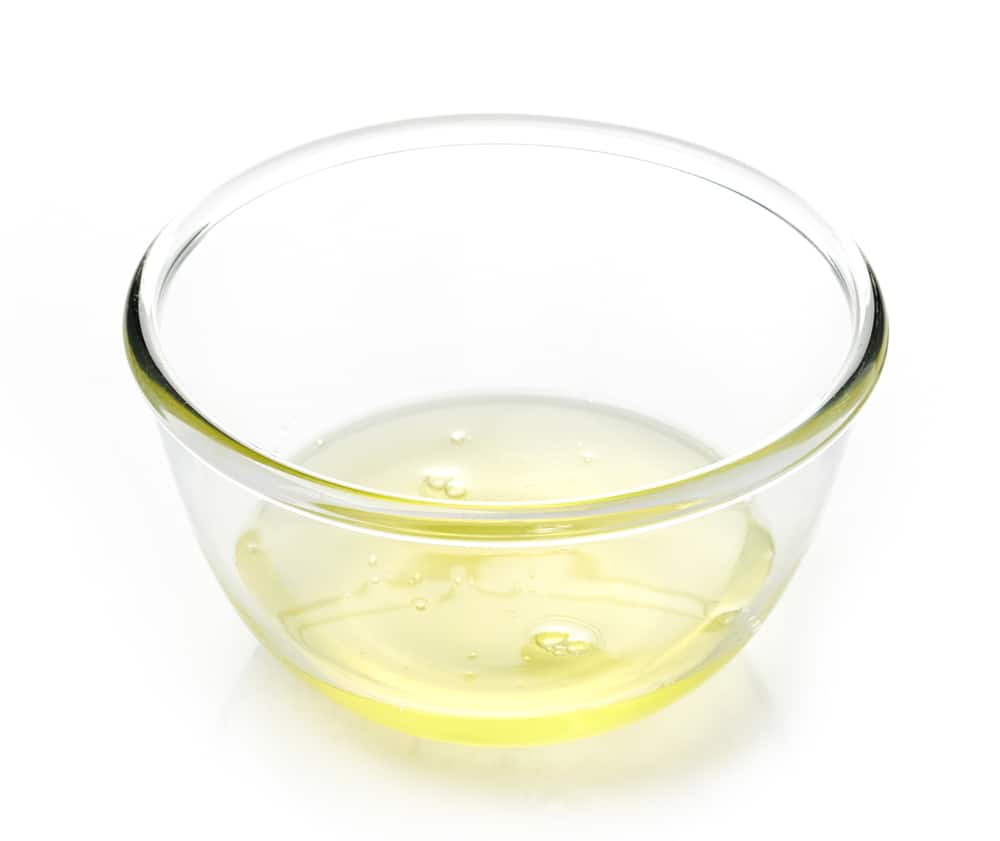
©MaraZe/Shutterstock.com
Egg whites are filled with proteins and vitamins that combat acne and help to heal your skin cells. They also soak up excess oil, which leads to fewer clogged pores and breakouts. To use, mix 3 egg whites in a bowl with a whisk until frothy.
Apply to your face using your fingers, letting each layer dry before applying another layer. You'll need to apply three layers. After the last layer is applied, let dry for 20 minutes before rinsing off with warm water and patting dry with a clean soft cloth.
Baking Soda
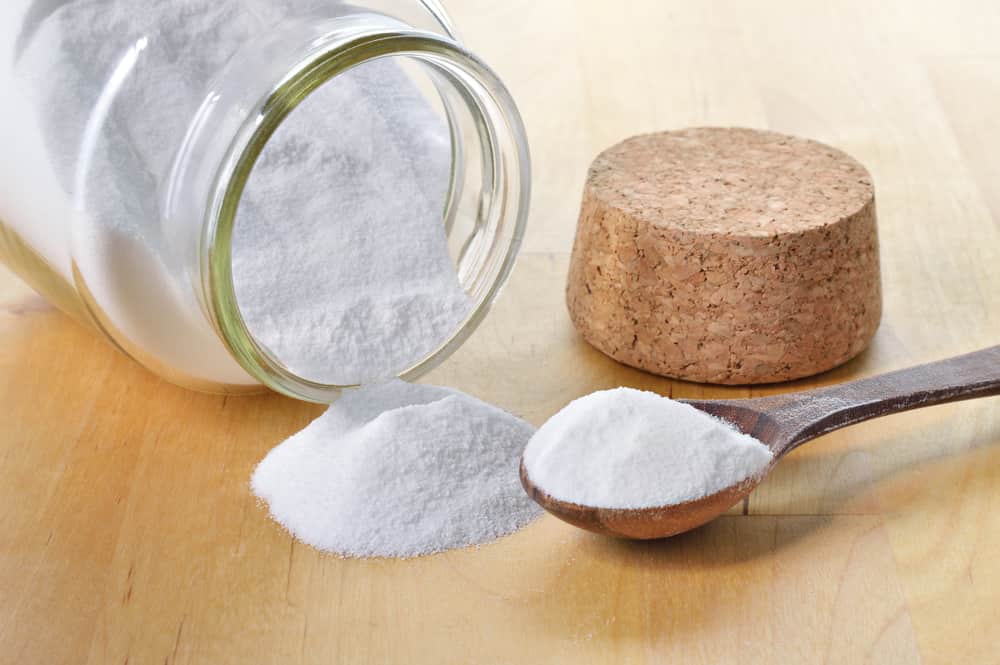
©Geo-grafika/Shutterstock.com
Baking soda has antiseptic properties, along with the ability to combat fungus and bacteria. It's also known for drying up excess oil and preventing breakouts.
Get the most benefits by making a facial mask, and letting your skin absorb all the goodness. For a facial mask, mix equal parts baking soda to water to form a thick paste. Slowly apply the mask in slow circular motions. Leave the mask on for 20 minutes, then rinse thoroughly with warm water and pat dry with a clean soft cloth.
The content of this article should not be taken as professional medical advice. Always consult with a healthcare professional before making a decision that may impact your health.
The image featured at the top of this post is ©Kim Kuperkova/Shutterstock.com.
